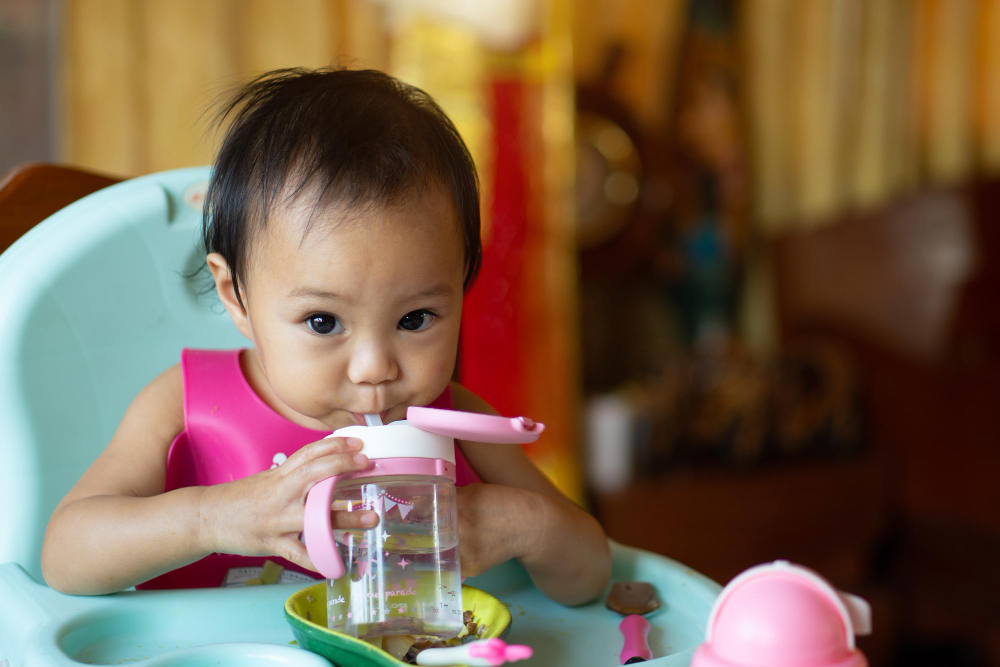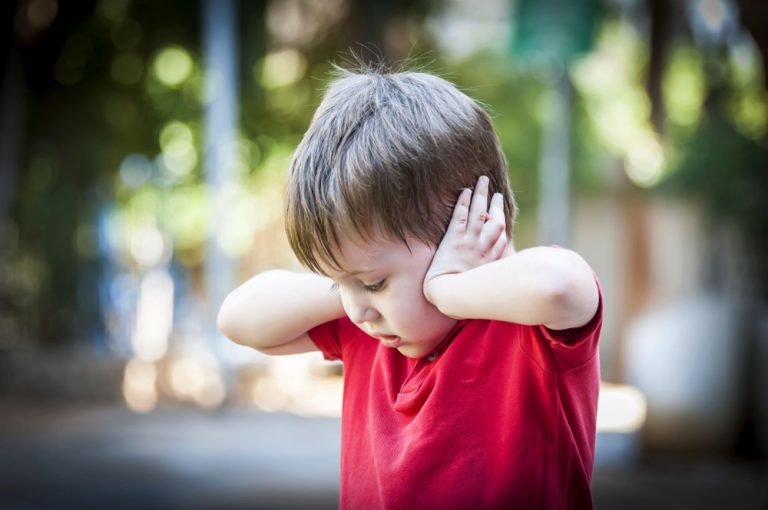How To Make Sugar Water For Babies? 3 Benefits & Risks
Are you struggling to soothe your little one when they’re feeling fussy or uncomfortable? Do you understand the concept of using sugar water for your baby’s well-being? Do you know how to make sugar water for babies?
In our upcoming blog, we’ll dive into the dos and don’ts of using sugar water as a remedy for common issues in babies. We understand the concerns parents may have about the safety and effectiveness of using sugar water, which is why we aim to provide you with a comprehensive guide on topics such as how to make sugar water for babies.
Furthermore, we will look into the benefits and risks associated with its usage, as well as guidelines on when and how to use sugar water for your baby’s comfort.
Stay tuned to discover the proper way to prepare sugar water, its potential benefits, and the guidelines for safely integrating sugar water into your baby’s care routine. Join us as we explore this gentle yet controversial topic to help you navigate your baby’s comfort needs with confidence.
Introduction: How To Make Sugar Water For Babies
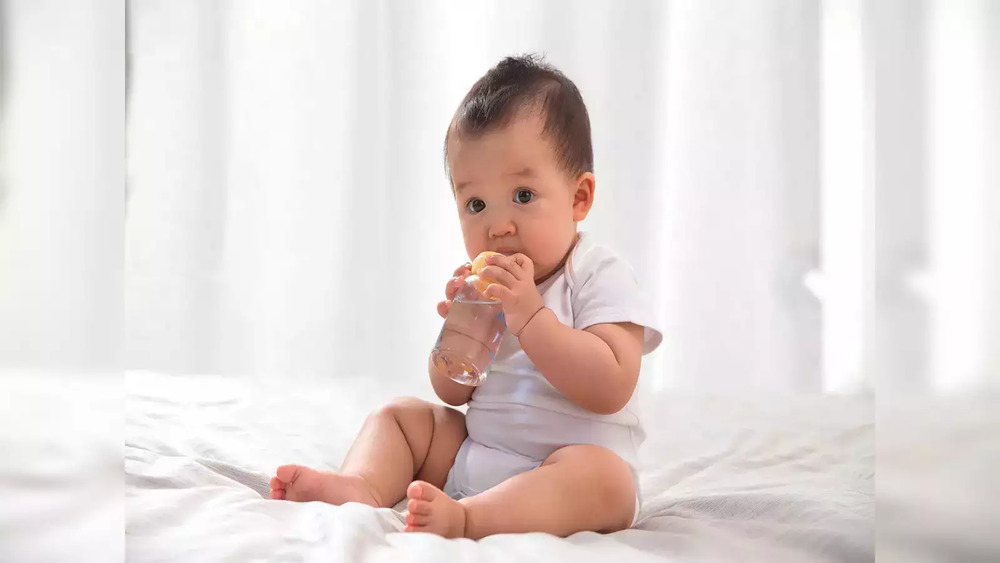
Welcome to our comprehensive guide on the proper use of sugar water for babies. As parents, we always strive to provide comfort and relief to our little ones when they experience common issues. Sugar water is often considered as a potential remedy in such situations. However, it is essential to understand the appropriate usage, potential benefits, and risks associated with its use.
In this article, we will explore when and how to use sugar water for a baby’s comfort. We will cover topics such as the reasons why parents may consider giving sugar water to babies, the potential benefits it may offer, guidelines for safe usage at home, and the potential risks that should be taken into consideration.
It’s important to note that this article is meant to provide general information and should not substitute professional medical advice. Always consult with your healthcare provider before using sugar water or implementing any new practices for your baby’s health and well-being.
Now, let’s dive into the intricacies of using sugar water for baby care and address any queries or concerns you may have.
Why is Sugar Water Given to Babies?
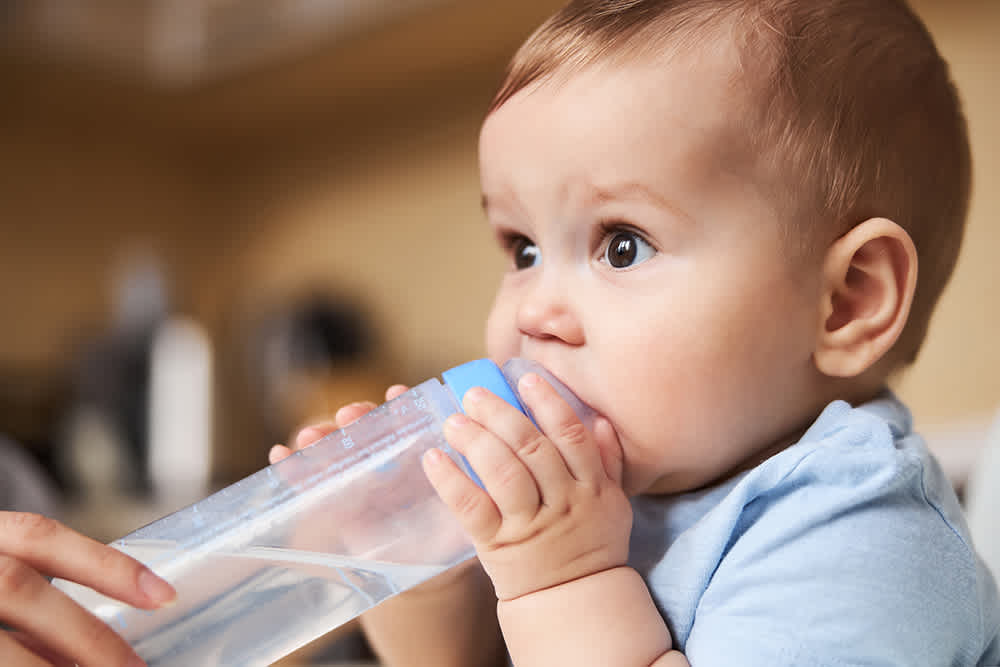
Parents may consider giving sugar water to their babies for various reasons, primarily to provide temporary relief from discomfort and help soothe them. While it is important to note that sugar water should only be used under the guidance of a healthcare professional, some potential benefits and uses include:
1. Calming effects
The sweet taste of sugar water can have a calming effect on babies. This is believed to be due to the release of endorphins, which can help reduce stress and provide temporary comfort.
2. Hydration
In some cases, sugar water may be administered to babies to ensure they stay hydrated, especially if they are experiencing difficulty feeding or have been sick.
3. Pain relief
Sugar water has been used as a mild analgesic for certain medical procedures that may cause discomfort in infants, such as blood draws or heel pricks. The sweet solution of sucrose can help alleviate pain by triggering the baby’s natural pain response.
4. Soothing during minor medical procedures
Giving sugar water to babies before minor medical procedures, like a vaccination, can provide a distraction and help ease their anxiety.
5. Pacifier dip
Some parents may dip a pacifier in sugar water to help calm their baby when they are fussy or irritable. However, it is essential to remember that pacifiers should not be given during sleep or for extended periods.
Please note that giving sugar water to babies should always be discussed with a healthcare professional beforehand. They can provide guidance on the appropriate reasons, age, dilution ratios, and potential risks associated with using sugar water for specific situations.
Does Sugar Water Have Benefits for Babies? 3 Benefits
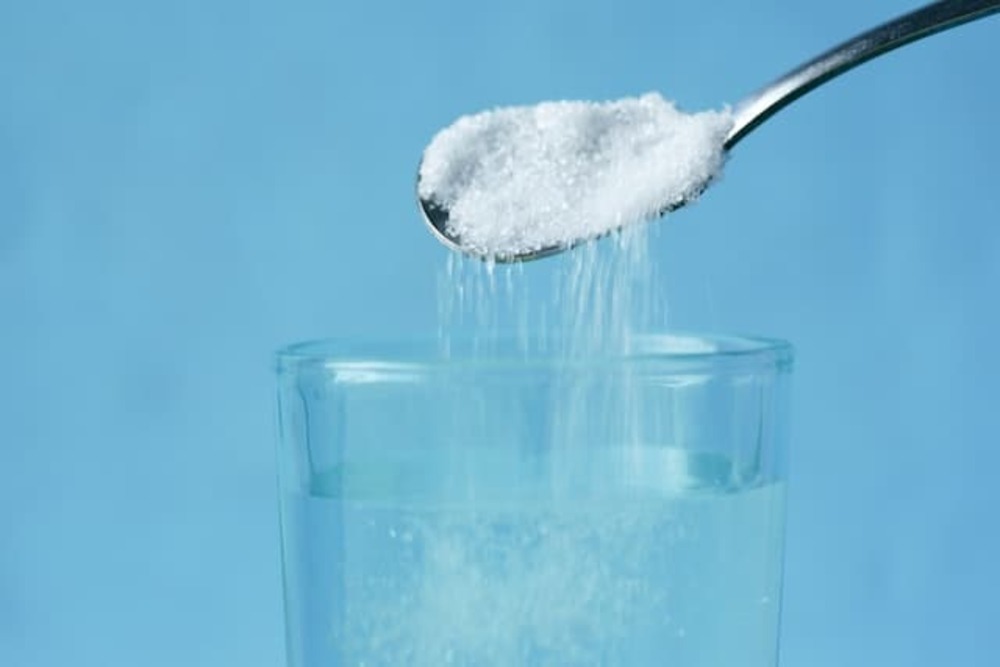
Sugar water has been a topic of interest for parents seeking ways to provide comfort to their babies. While it may offer some temporary relief, it’s important to understand the potential benefits and guidelines for safe usage.
Here, we explore the possible advantages of using sugar water for babies, emphasizing the need for professional guidance.
1. Soothing Effects
- One of the reasons parents consider giving sugar water to their babies is its calming effect.
- The sweet taste can provide a momentary distraction and potentially soothe a fussy or irritable baby.
- However, it’s essential to note that this effect may vary from baby to baby and should be used sparingly and cautiously.
2. Hydration
- Sugar water can also serve as a source of hydration for babies, particularly during periods of illness or when they are reluctant to consume plain water.
- By offering a small amount of sugar water, parents can help ensure their baby stays adequately hydrated.
- However, it’s crucial to remember that breastfeeding or formula feeding is the primary method of hydration for infants.
3. Healthcare Professional Guidance
- While sugar water may have these potential benefits, it’s vital to consult with a healthcare professional before introducing it to your baby.
- They can provide personalized recommendations based on your baby’s specific needs.
- Following their guidance ensures the safe and appropriate use of sugar water, preventing any potential risks.
Sugar water may offer temporary soothing and hydration effects for babies. However, it should only be used as directed by a healthcare professional. It’s essential to prioritize breastfeeding or formula feeding as the primary methods of hydration and consult with your baby’s healthcare provider for personalized guidance.
Will my Newborn get Sugar Water in the Hospital?
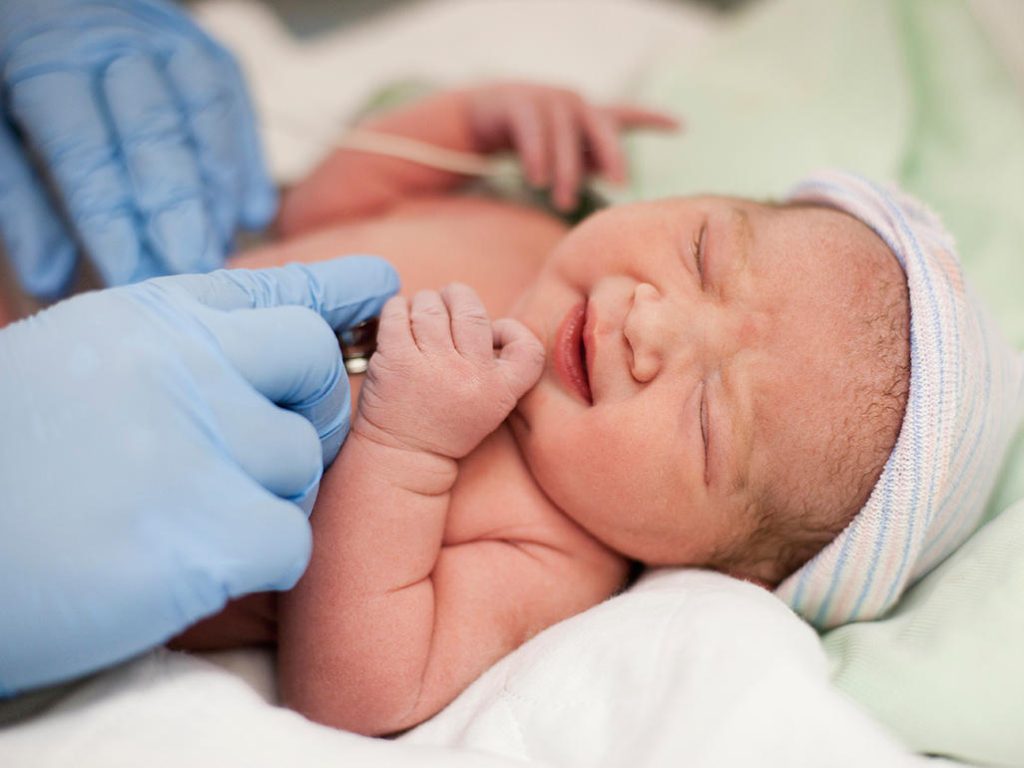
Newborn babies often require medical procedures during their stay in the hospital, which can cause discomfort or pain.
In the past, sugar water was occasionally given to newborns as a sweet solution to help provide some relief during these procedures. However, it’s important to note that medical practices can vary, and the use of sugar water may not be universally applied.
The American Academy of Pediatrics (AAP) does not recommend the routine use of sugar water for newborns in hospitals.
Instead, healthcare providers prioritize other methods of pain relief, such as swaddling, breastfeeding, skin-to-skin contact, and if necessary, medication. These approaches are typically more effective and considered safer for newborns.
While some hospitals may still use sugar water in certain cases, it is crucial to follow the guidance of your healthcare provider. They will determine the best approach for your baby based on their specific needs and the medical procedures being performed. It’s important to discuss any concerns or preferences you may have with your baby’s healthcare team.
By consulting with your healthcare provider, you can ensure that the care provided to your newborn aligns with current medical guidelines and practices. They will be able to address any questions or doubts you may have regarding the use of sugar water and provide individualized recommendations for your baby’s comfort.
Remember, the well-being of your newborn is the top priority, and the healthcare team is there to support you and your baby throughout their hospital stay.
What are the Risks of Sugar Water for Babies? 3 Risks
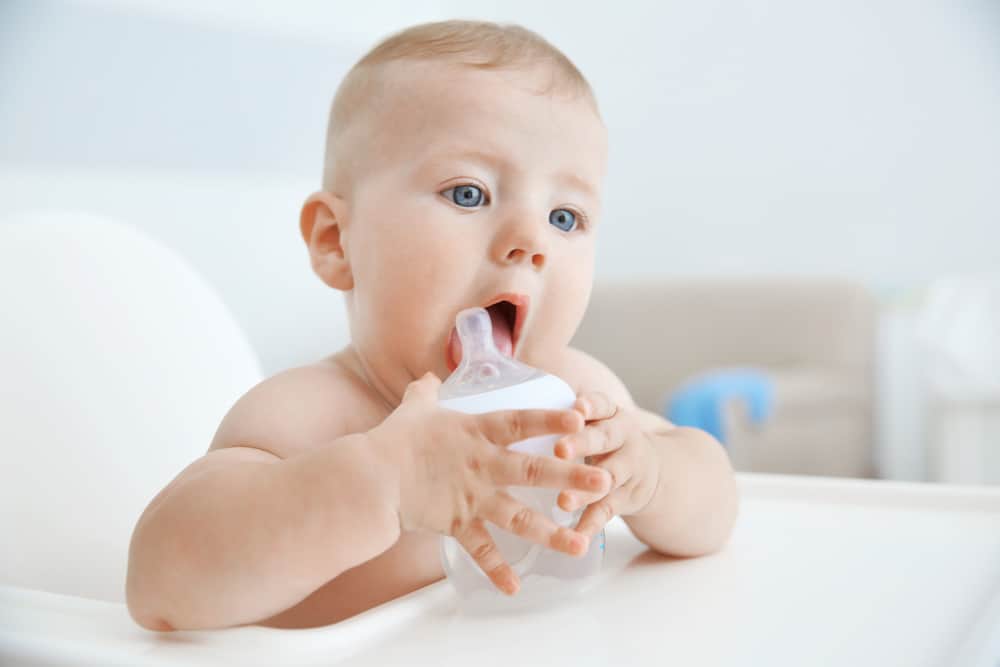
When considering giving sugar water to babies, it’s important to be aware of the potential risks and side effects associated with its use. While sugar water has been utilized for various purposes, including temporary relief of discomfort, there are potential consequences that need to be taken into account.
Here are some of the risks and side effects to be aware of when giving sugar water to babies:
1. Dental issues
- Exposing baby’s teeth to sugary liquids, even in small amounts, can contribute to tooth decay and cavities.
- It is crucial to prioritize good oral hygiene practices and avoid prolonged exposure to sugary substances.
2. Disruption of breastfeeding
- Offering sugar water to babies might interfere with breastfeeding patterns.
- Babies may become less willing to nurse, leading to decreased milk supply for breastfeeding mothers.
3. Electrolyte imbalances
- Sugar water does not provide a balanced source of electrolytes.
- Giving babies excessive amounts of sugary liquids can disrupt the delicate balance of electrolytes in their bodies, potentially leading to imbalances and related health issues.
To ensure the safety of your baby, it is advisable to consult with your healthcare provider before using sugar water as a remedy. They can provide individualized guidance based on your baby’s specific needs and circumstances.
Remember, the benefits of giving sugar water must be weighed against these potential risks. If you have concerns about your baby’s comfort, it is best to seek professional advice to explore other safe and effective options.
Reference
American Academy of Pediatrics. “Sweet solutions for infants.” Pediatrics,
Can I Give My Baby Sugar Water at Home?
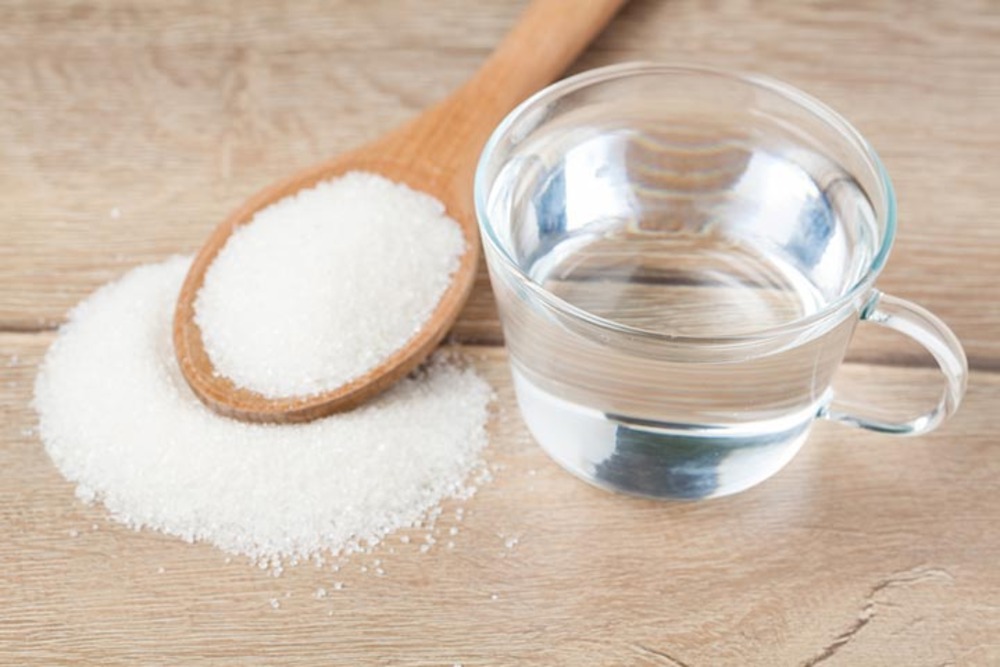
When it comes to giving sugar water to your baby at home, it’s important to proceed with caution and follow the proper guidelines to ensure your little one’s safety and well-being.
Here are some key considerations:
Age of the baby
- Sugar water is generally not recommended for newborns or infants younger than six months old.
- At this stage, they should ideally be receiving all their necessary nutrients from breast milk or formula.
- Consulting with your baby’s pediatrician before introducing sugar water is crucial to ensure it aligns with their specific needs.
Preparation methods
- If your healthcare provider approves the use of sugar water, it’s vital to prepare it correctly.
- Start by using sterilized utensils and clean water.
- The recommended dilution ratio is usually one teaspoon of sugar per four ounces of water.
- Make sure the sugar dissolves completely before offering it to your baby.
Frequency and quantity
- Sugar water should only be given sparingly and for specific purposes.
- It should not replace regular feedings or serve as a substitute for essential nutrition.
- Moderation is key to prevent any potential negative effects on your baby’s health.
Monitoring and observation
- While sugar water can provide temporary relief and comfort, it’s crucial to closely monitor your baby’s reaction and behavior.
- Observe any changes in their feeding patterns, bowel movements, or overall well-being.
- If you notice any adverse effects or concerns, contact your healthcare provider immediately.
Remember, sugar water should never be used as a long-term solution for any issues your baby may be experiencing. It’s always best to consult with a healthcare professional before making any decisions regarding your baby’s diet or well-being.
By following these guidelines, you can safely incorporate sugar water into your baby’s routine if deemed necessary by your healthcare provider.
Does Sugar Water Help a Baby Poop?

Constipation can be a common issue in babies, and parents often wonder if sugar water can help alleviate this problem. While some may suggest using sugar water as a home remedy, it’s important to approach this potential solution with caution and seek advice from a healthcare professional.
The use of sugar water as a remedy for constipation in babies is not widely supported by medical experts. The American Academy of Pediatrics does not recommend using sugar water for this purpose. It is important to note that treating constipation in infants should be guided by a healthcare provider, as there may be underlying causes that need to be addressed.
Introducing substances like sugar water to infants can have potential risks and may disrupt breastfeeding patterns. Babies under six months of age should rely on breast milk or formula as their main source of nutrition. Adding sugar water to their diet may interfere with their consumption of these essential nutrients.
If you are concerned about your baby’s bowel movements or suspect constipation, it is best to consult your baby’s healthcare provider. They can evaluate the situation, identify any underlying causes, and provide appropriate guidance.
There are safe and effective measures healthcare professionals can recommend to promote regular bowel movements in infants, such as gentle tummy massage and proper hydration.
Remember, your baby’s health and well-being should always be the top priority. Any concerns regarding constipation should be addressed by a healthcare professional rather than relying on home remedies like sugar water.
The Final Note: How To Make Sugar Water For Babies
To summarize, understanding how to make sugar water for babies and its potential uses can be valuable knowledge for parents. It’s important to approach the topic with caution and seek guidance from healthcare professionals before considering the use of sugar water for your baby.
While sugar water may offer some temporary relief in specific situations, it should always be used sparingly and under appropriate medical supervision.
Ultimately, the well-being of your baby is a top priority, and being well-informed about the proper usage of sugar water can help you navigate your baby’s comfort needs with care and confidence. Thank you for joining us in exploring this important topic.

